A hard-line victory in Iran's presidential election has tilted the domestic balance of power toward the country's anti-Western clergy and away from officials chosen by popular vote, a shift Tehran may one day seek to make permanent, six analysts who follow the Islamic Republic's politics say.
In a tightly controlled race on Friday marked by voter apathy, judiciary chief Ebrahim Raisi, a protege of Supreme Leader Ayatollah Ali Khamenei and a trusted ally of the security establishment, was elected Iran's next president. He takes office in August.
While his win presages no change in Iran's push to revive a 2015 nuclear deal and break free of sanctions, it points to Raisi as a potential successor to Khamenei and brings all arms of the state under the control of hardliners suspicious of the West, officials and analysts say.
Although the supreme leader, not the president, has the last word on all matters of state, the changeover at the presidency will remove the moderating influence on policy-making exercised by outgoing pragmatist President Hassan Rouhani since 2013.
The constitution's provision for a directly elected president may be one area targeted for change, the analysts say.
The election of Raisi, whose views appear to align with Khamenei's on every major topic, may permit the supreme leader to pursue changes entrenching more clerical power, a goal some analysts suspect the 82-year-old has long sought.
"This election was rather a selection, as it precluded any competitive race," said Ali Fathollah-Nejad, an analyst and author of "Iran in an Emerging New Word Order."
"The true nature of the Islamic Republic has been revealed, in that the theocratic institutions are omnipotent and the so-called republican one is just an impotent facade."
Pointing to the authorities' decision to severely limit the field in the election, some insiders including former senior government officials have called Raisi's win a "political coup d’etat" aimed at eliminating all other factions from the political scene.
Iranian officials were not immediately available to reply to a request for comment on possible constitutional changes or on accusations of a power grab.
Monolithic control
Crisis Group's Iran Project Director, Ali Vaez, said the establishment preferred "a pliant, tested, loyal president" who will not oppose constitutional changes he suspects are desired by the clerical rulers.
"They are probably paving the ground for some structural changes (to the constitution) and for that you need to have monolithic control over all instruments of power, including for instance changing the system from a presidential to a parliament one," Vaez said.
Such a move would signal the biggest constitutional change since 1989, at the end of the reign of late revolutionary leader Ayatollah Ruhollah Khomeini, when the position of prime minister was abolished and that of president strengthened.
Iran's political system is a complex mix of Shi’ite Muslim clerical authority and an elected president and parliament. The president runs the government day-to-day, but reports to the deeply anti-Western Khamenei. A hard-line watchdog body made up of clerics and jurists aligned to Khamenei and who favor tough political and social restrictions has the power to veto laws and decide which candidates may stand.
While Khamenei has never declared whether this system needs improvement, he has indicated he is open to change.
He said a decade ago there would be "no problems" in switching the republican part of the country's administration from a directly-elected presidency to a parliamentary system, giving MPs the power to elect a prime minister.
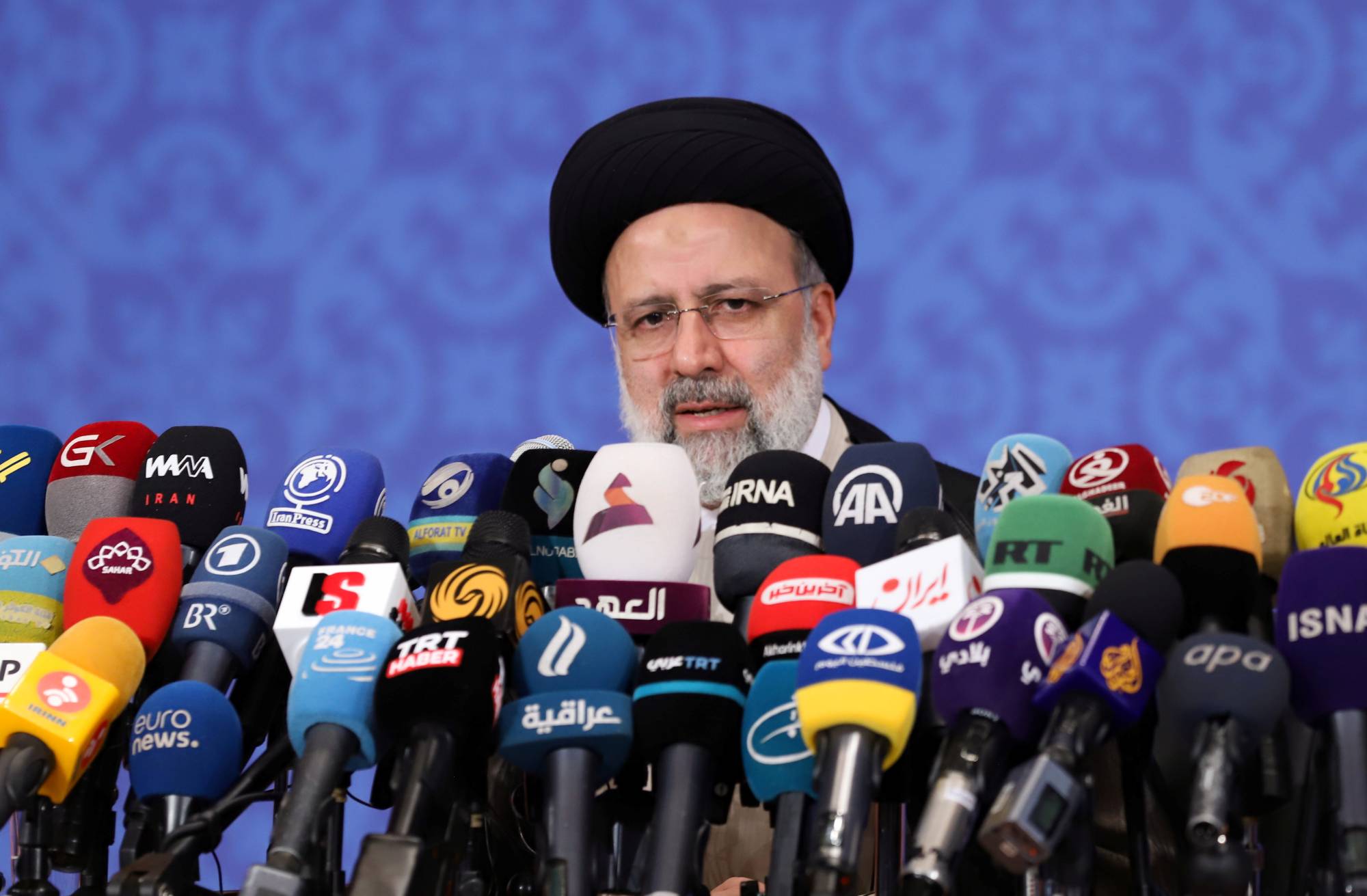
And on June 3 this year, in a televised speech, Khamenei appeared to go further, saying: "There may come a time in the future when elections become meaningless, there may be other forms of public presence and expression."
Over the decades there have been periodic tensions between presidents, deriving their authority directly from the ballot box, and clerics invoking divine law who have the final word.
Replacing a popularly elected president with a premier picked by a parliament dominated by hardliners would strengthen the supreme leader's hold over the establishment, the six analysts said. Such a shift could hand more influence over policy-making to unelected clerics hostile to trade and investment with Western and Gulf Arab countries long seen as foes, analysts say.
Cohesion among those in power — all hardliners — would also guarantee a smooth power transfer after Khamenei dies.
"Raisi’s election was an exclamation point on a longer term effort by hardliners to consolidate power ahead of Khamenei's succession," said Henry Rome, an analyst at Eurasia Group.
Nuclear talks
With the clerics aware their political fortunes rely on tackling economic hardship, Raisi has made a point of saying he backs Iran's talks with world powers to restore the nuclear pact and break free of tough U.S. oil and financial sanctions.
The struggle of ordinary Iranians to make ends meet has become harder since three years ago when then U.S. President Donald Trump exited the deal and reimposed crushing sanctions.
Several officials have publicly warned against a reprise of protests in recent years that reminded the clerical rulers how vulnerable they could be to popular anger over the economy.
"The nuclear deal's revival would probably lead to a surge in Iranian economic growth. ... This would give Raisi a substantial cushion in his first year or two in office," said Clement Therme, an Iran expert at the European University Institute in Florence, Italy.
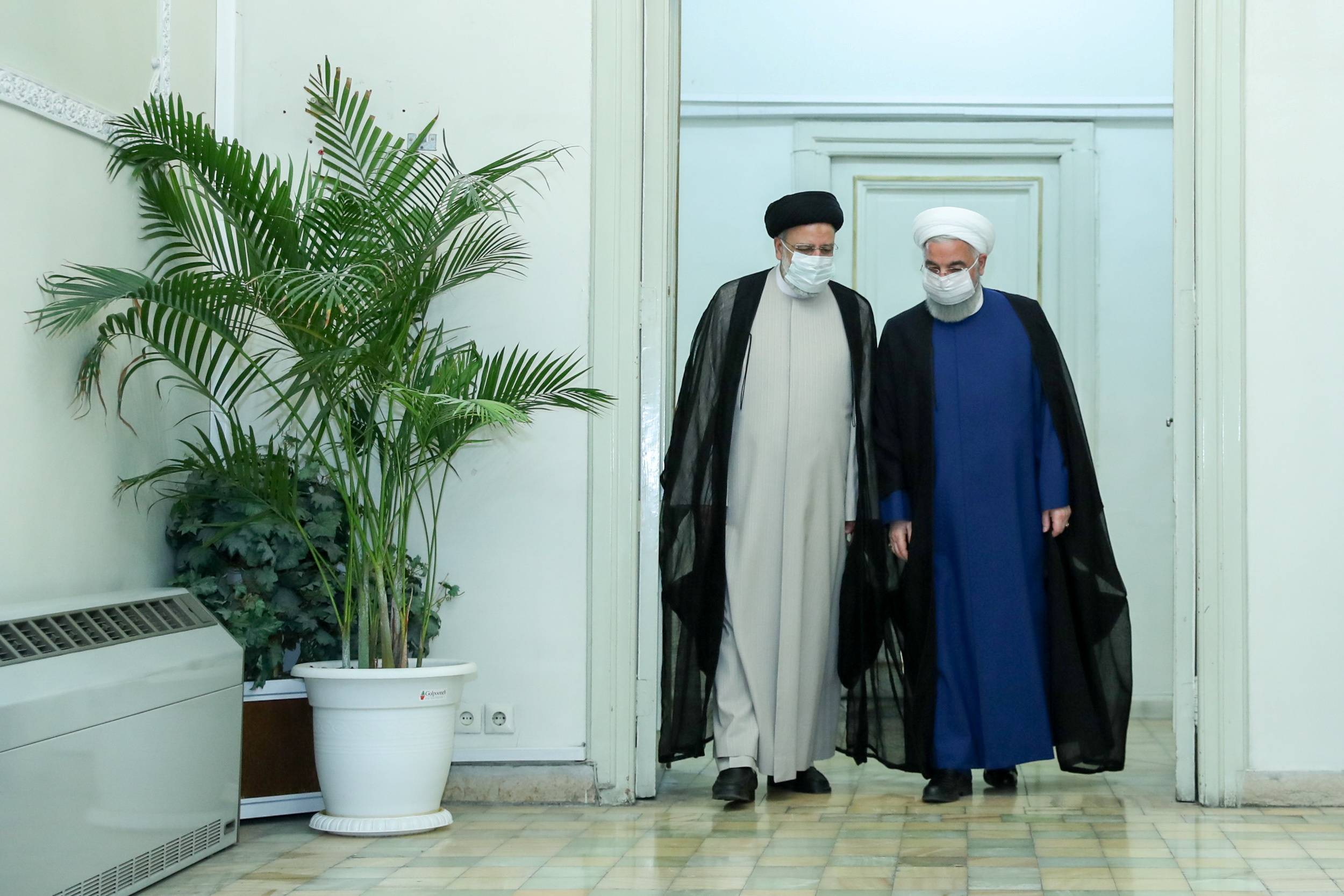
Dissidents also fear Raisi's presidency could usher in more repression at home. As head of the judiciary, Raisi held significant power in a country that has long used its powerful legal system to crack down on political dissent.
Raisi was placed under U.S. sanctions for human rights violations in 2019, for the role he allegedly played in the executions of thousands of political prisoners in the 1988. Iran has never acknowledged the killings.
Raisi said on Monday he should be rewarded for defending his people's rights and security. He said that, as a jurist, he had "always defended human rights," adding that U.S. sanctions had been imposed on him for doing his job as a judge. He had not previously publicly addressed the allegations.



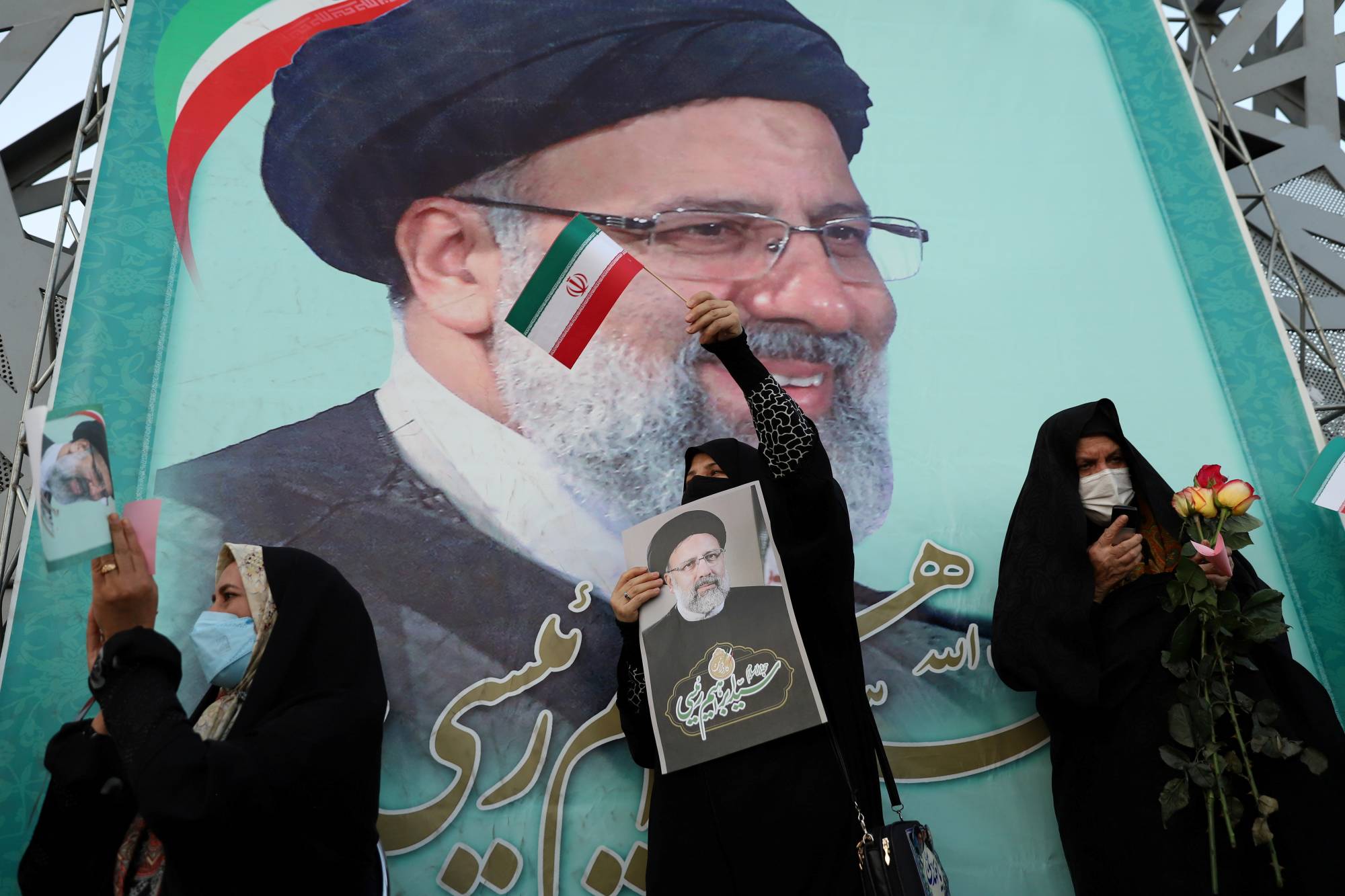
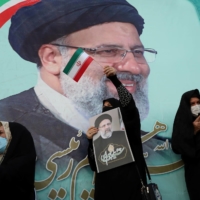
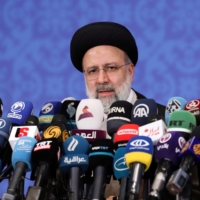
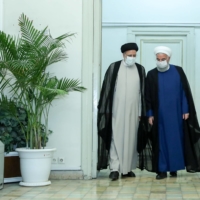













With your current subscription plan you can comment on stories. However, before writing your first comment, please create a display name in the Profile section of your subscriber account page.